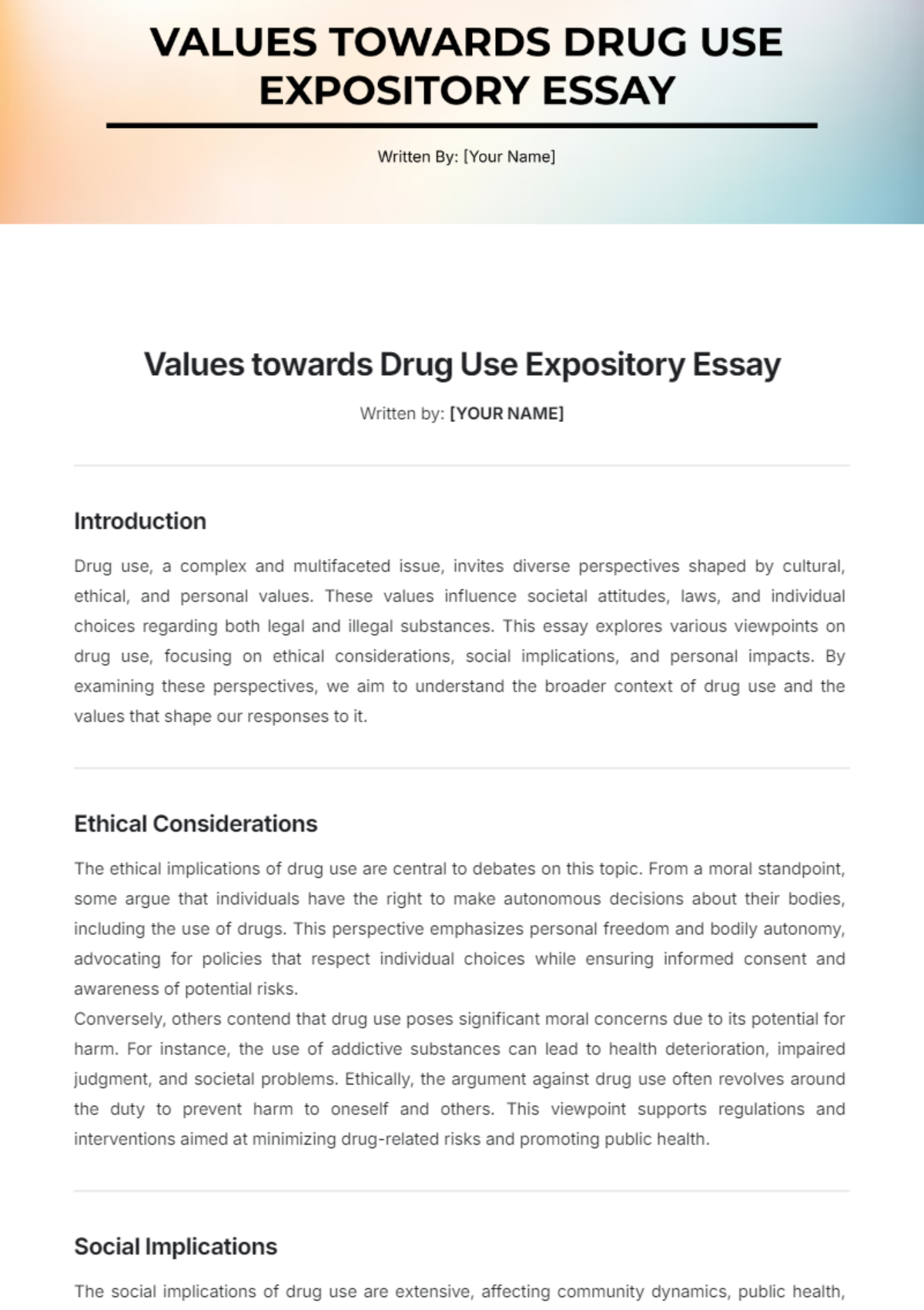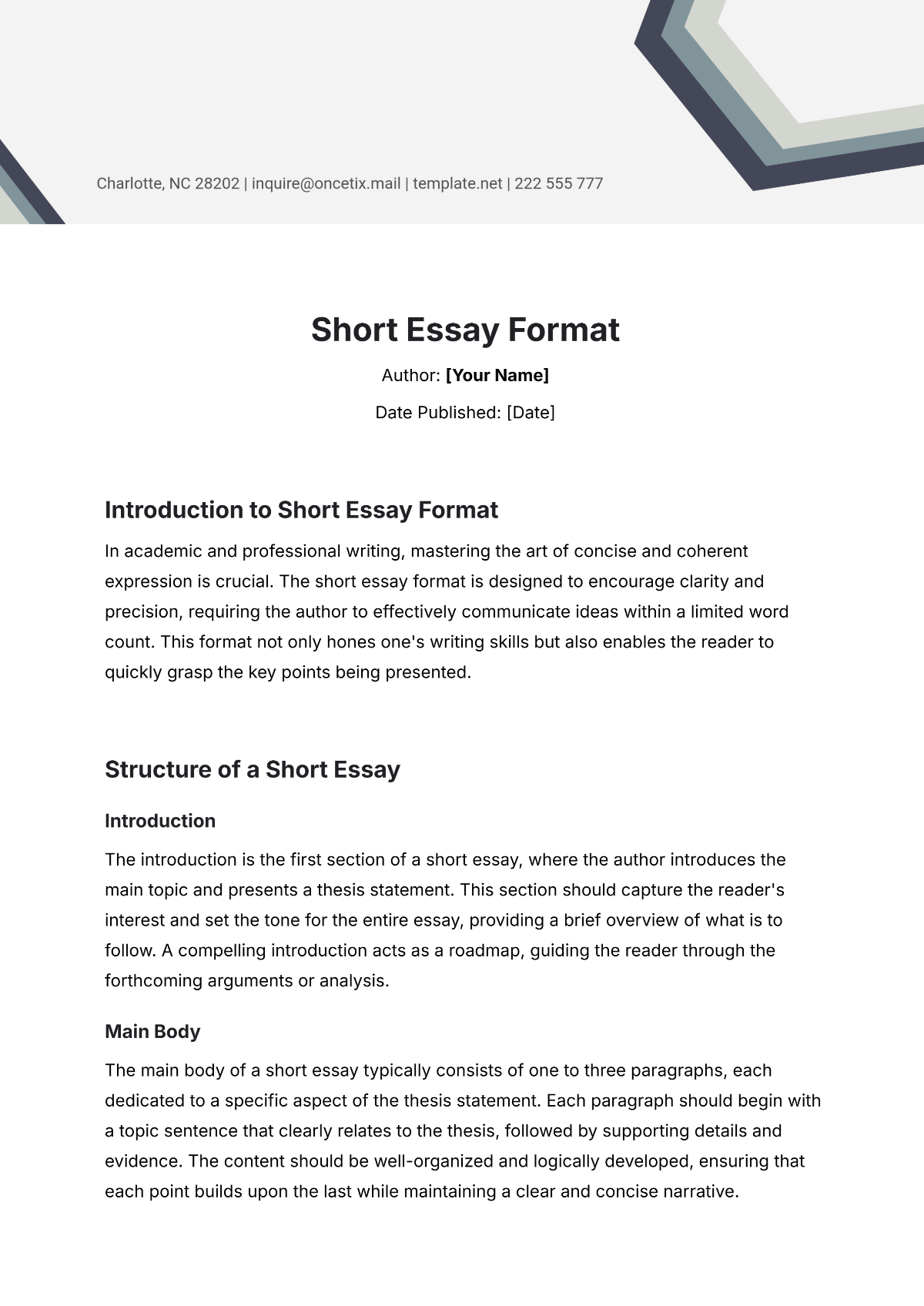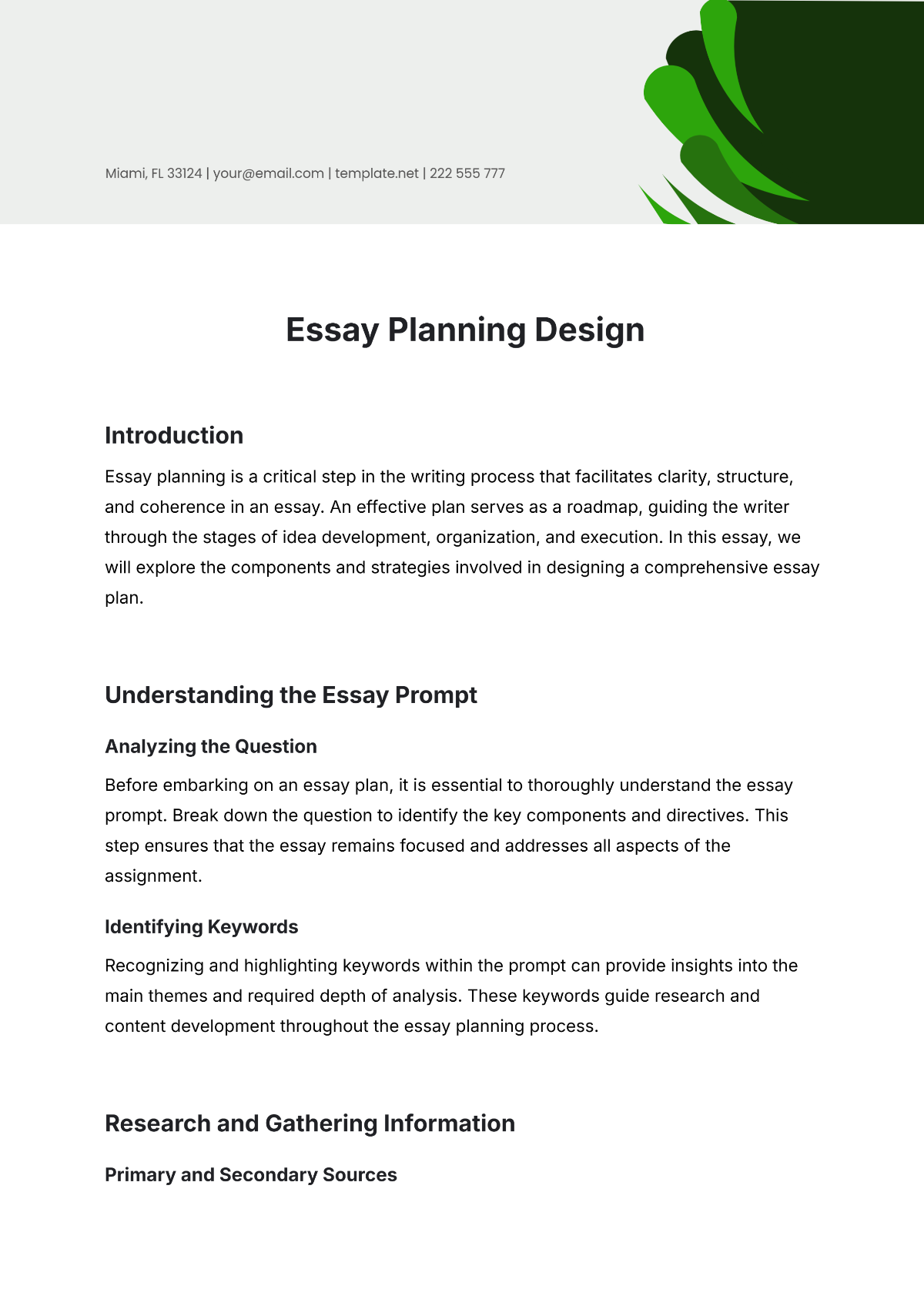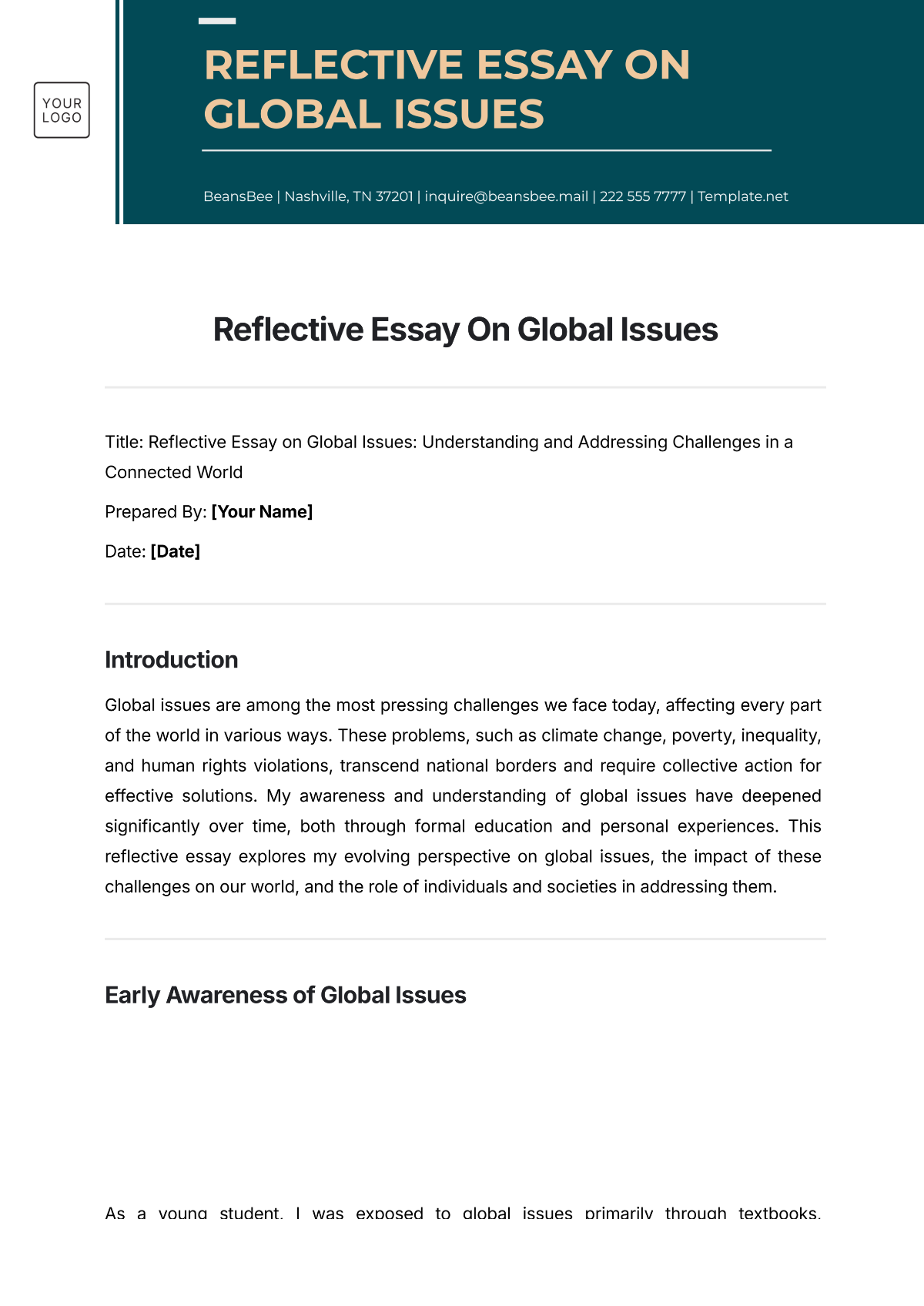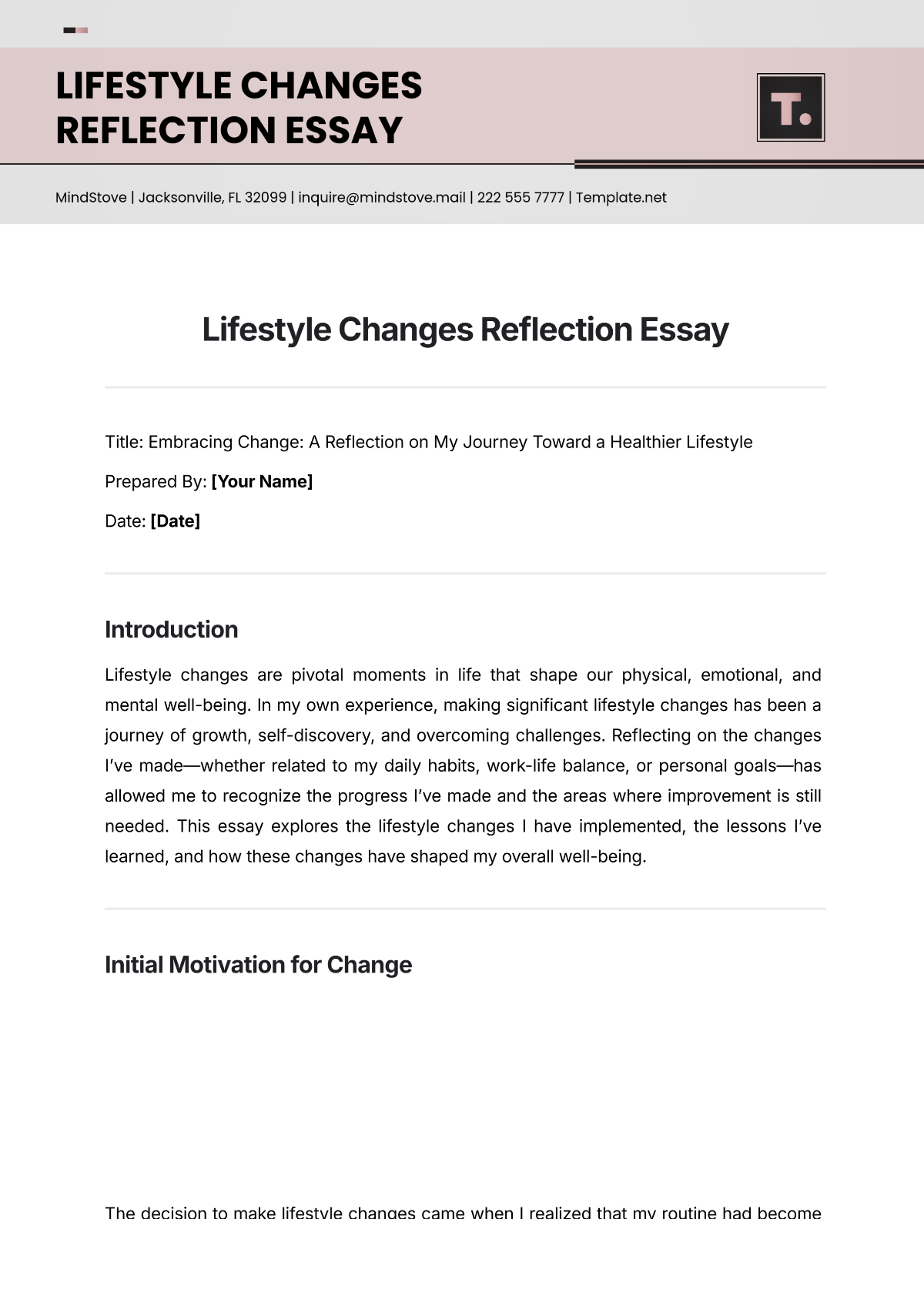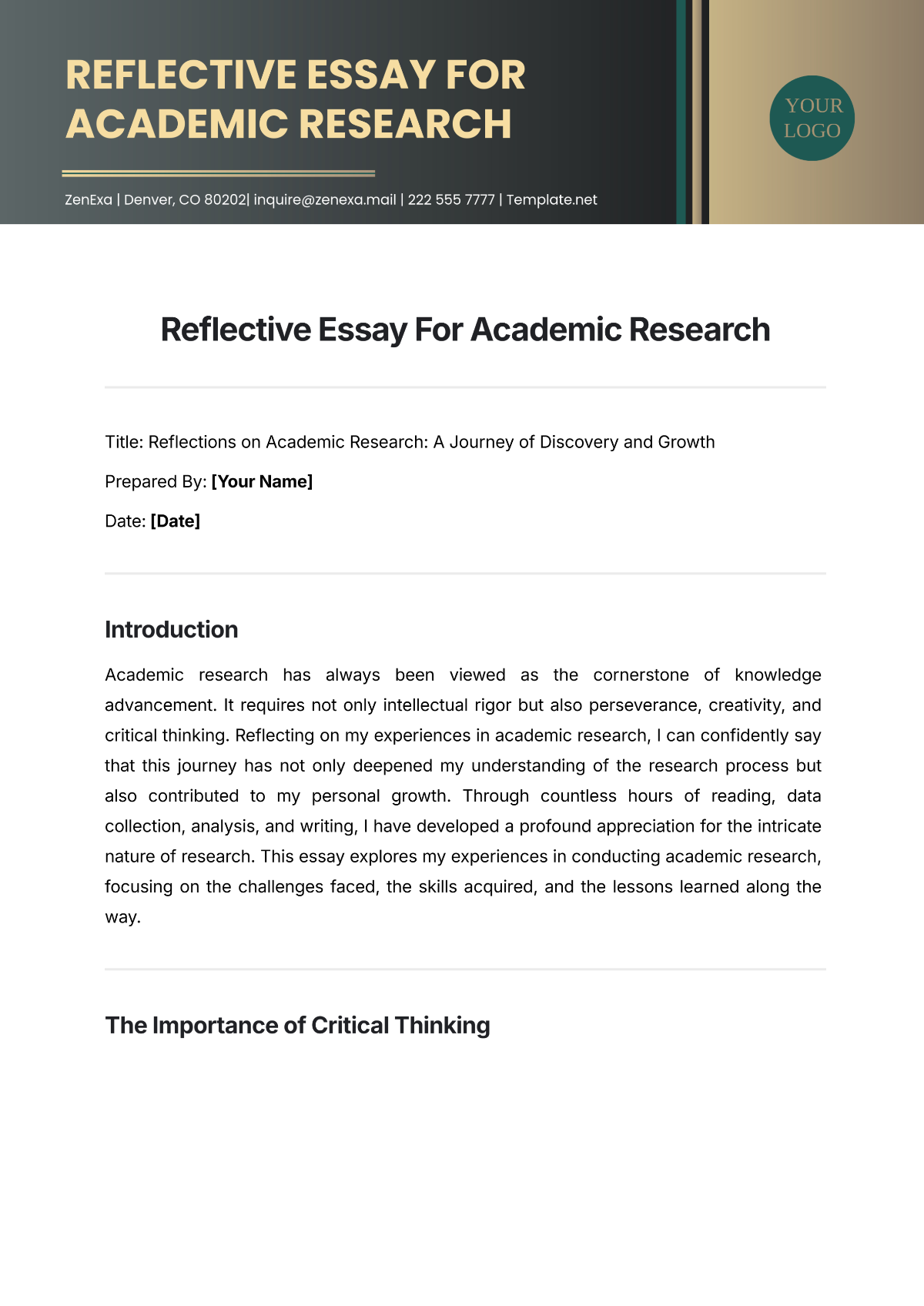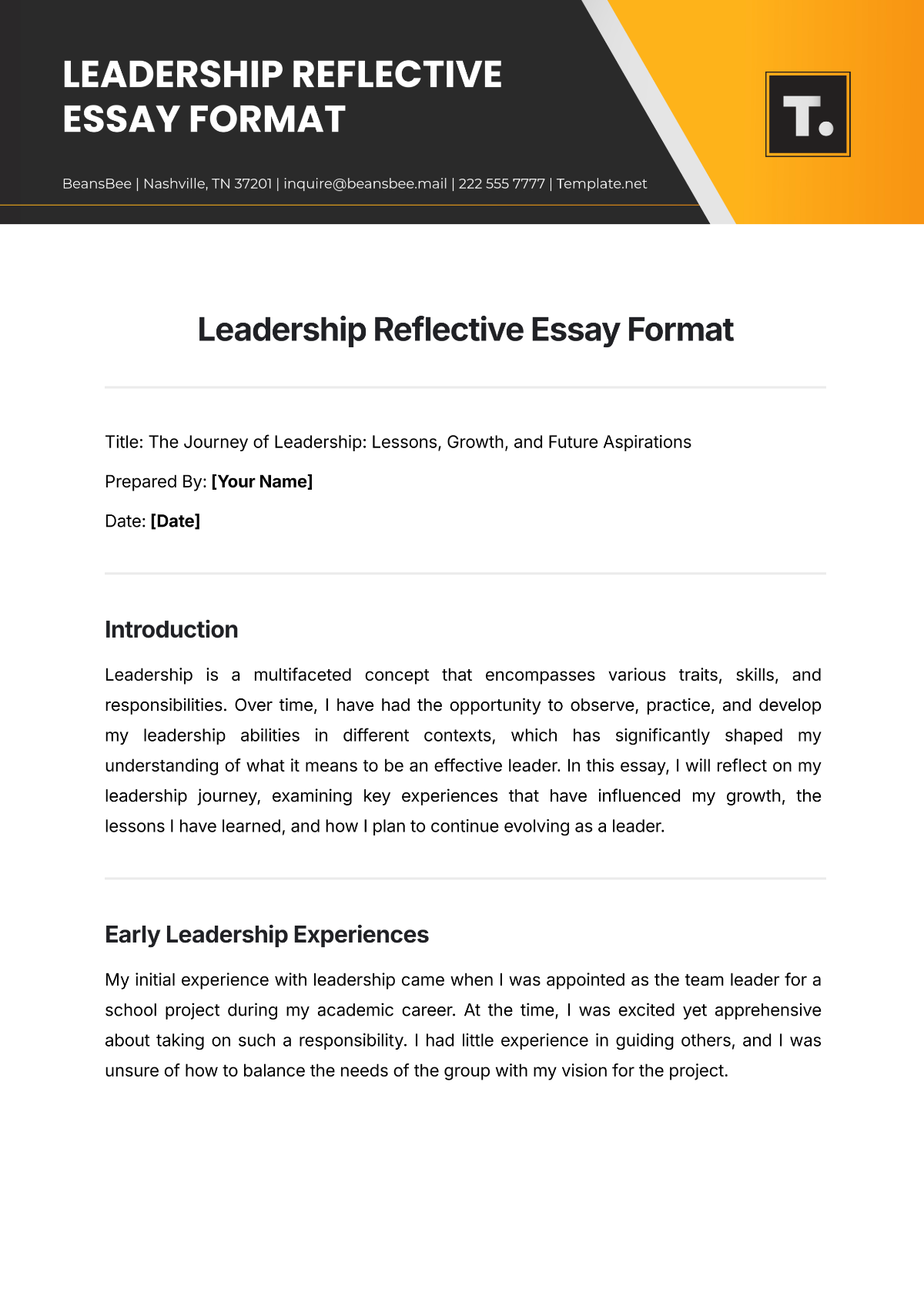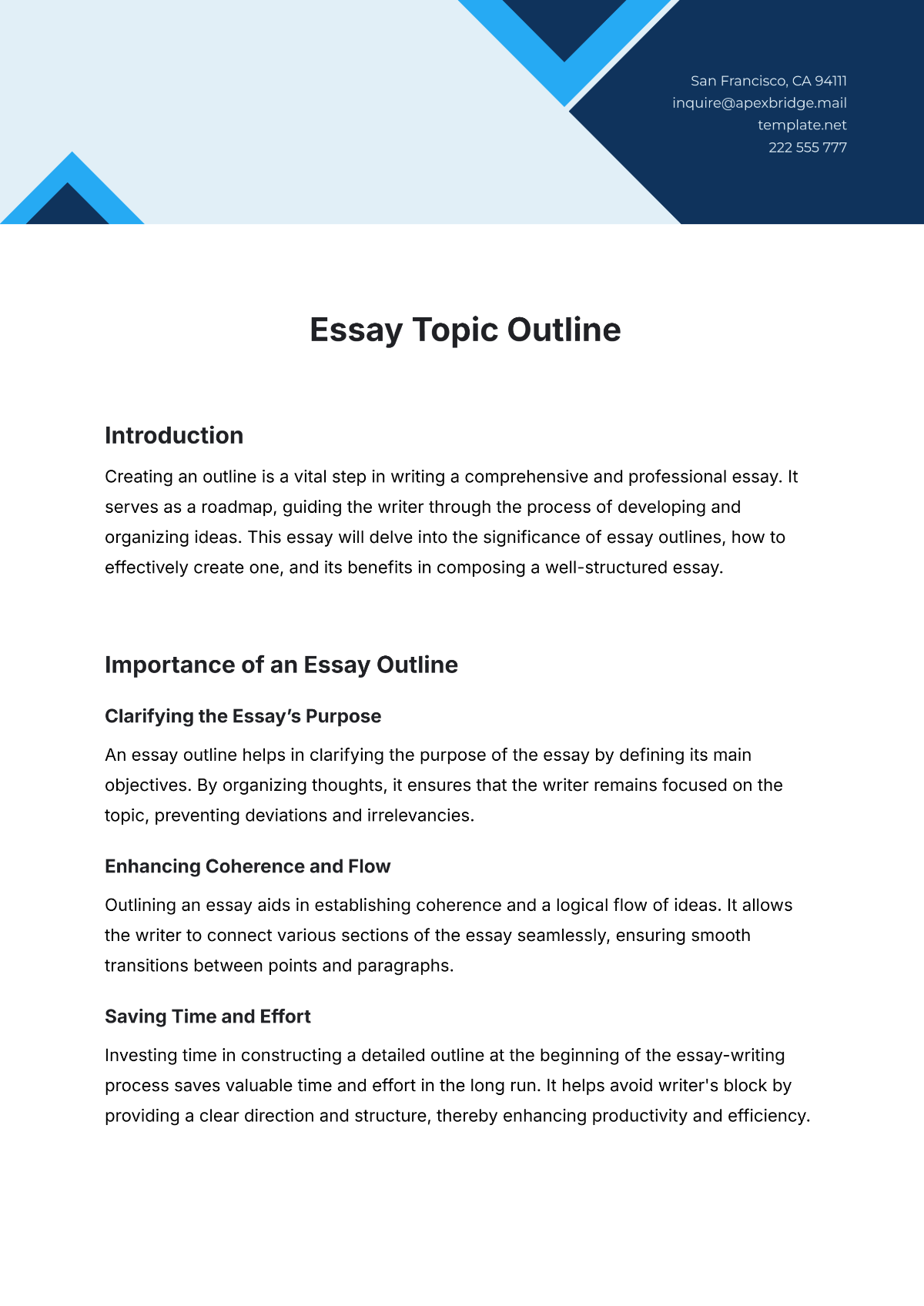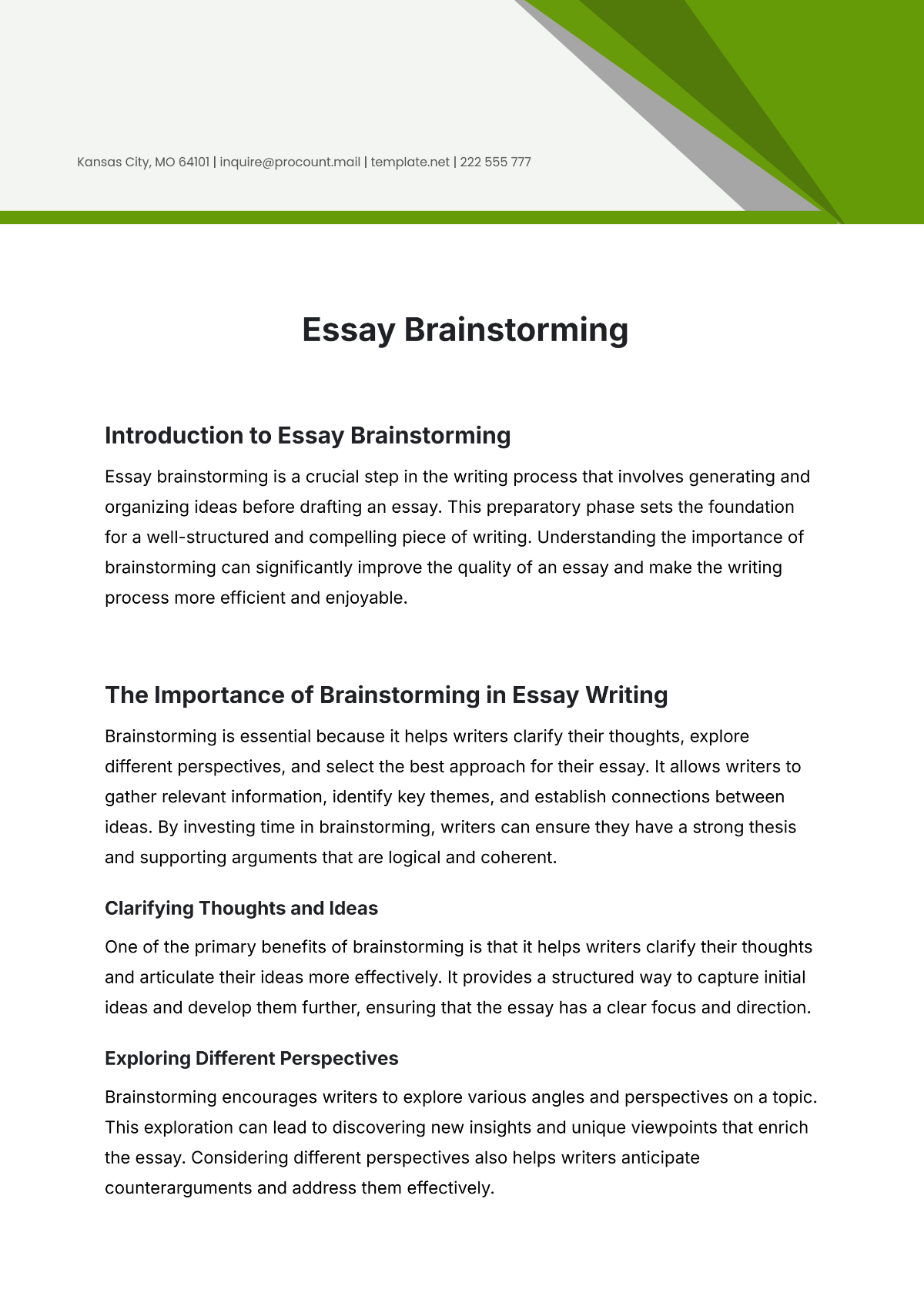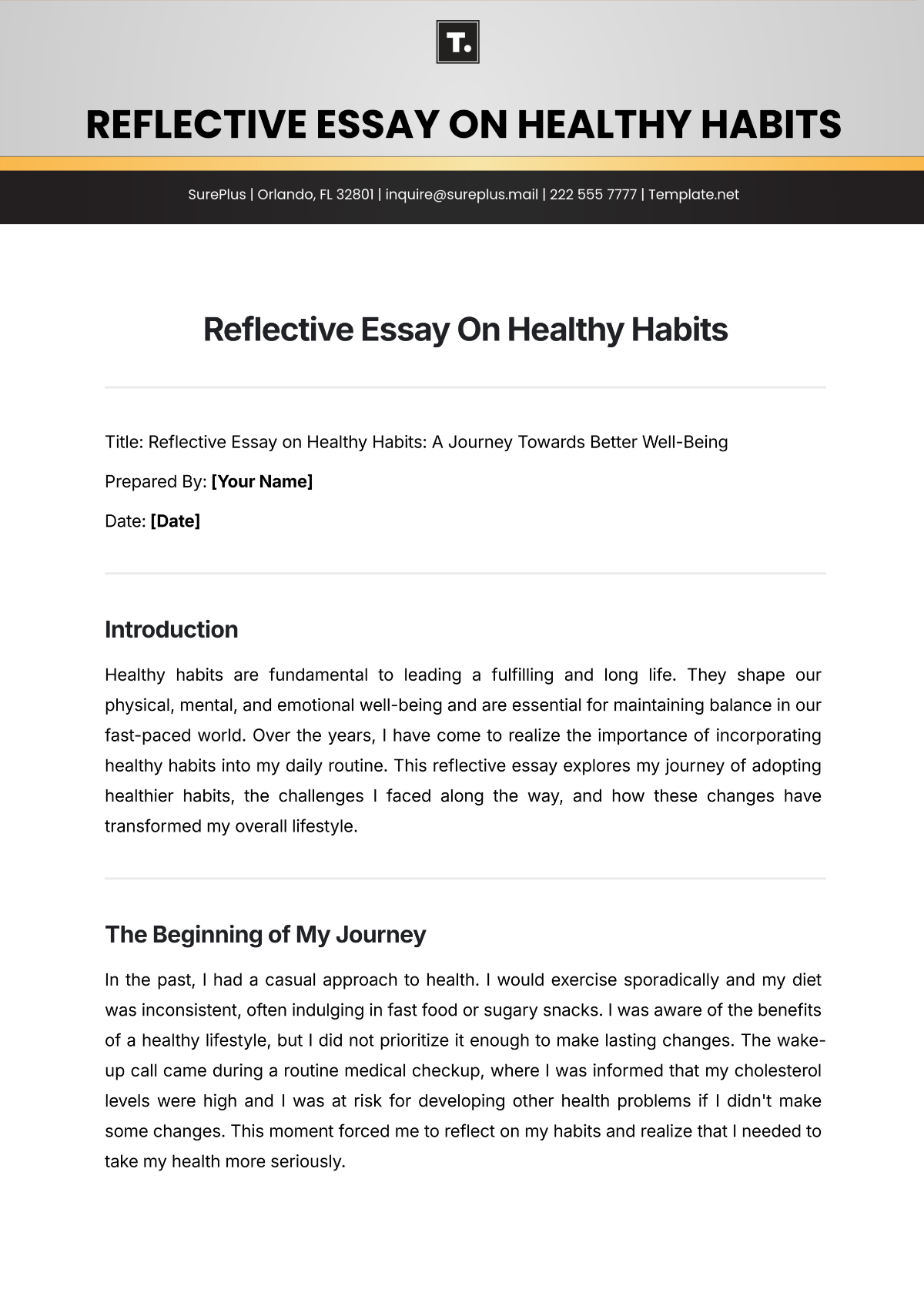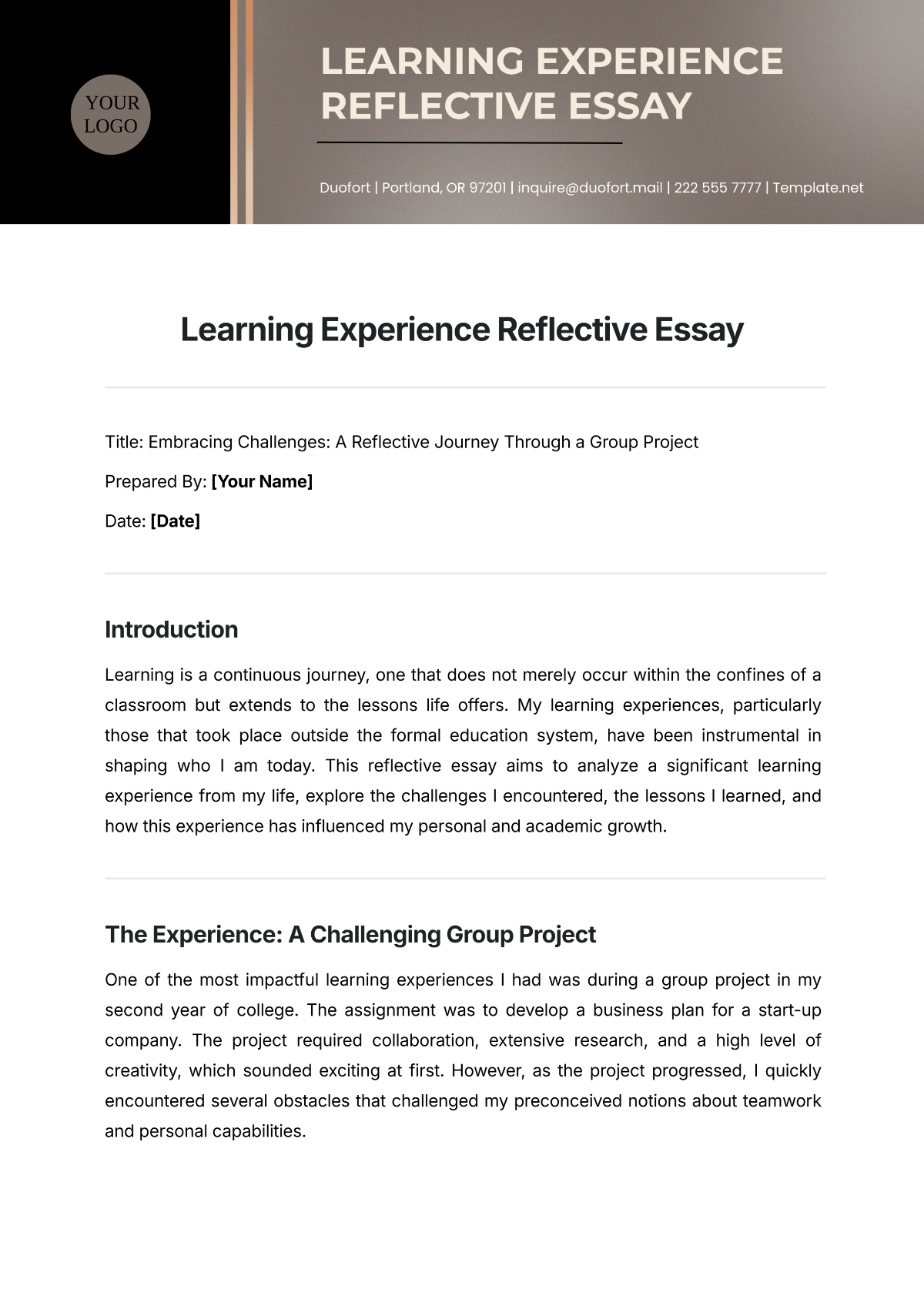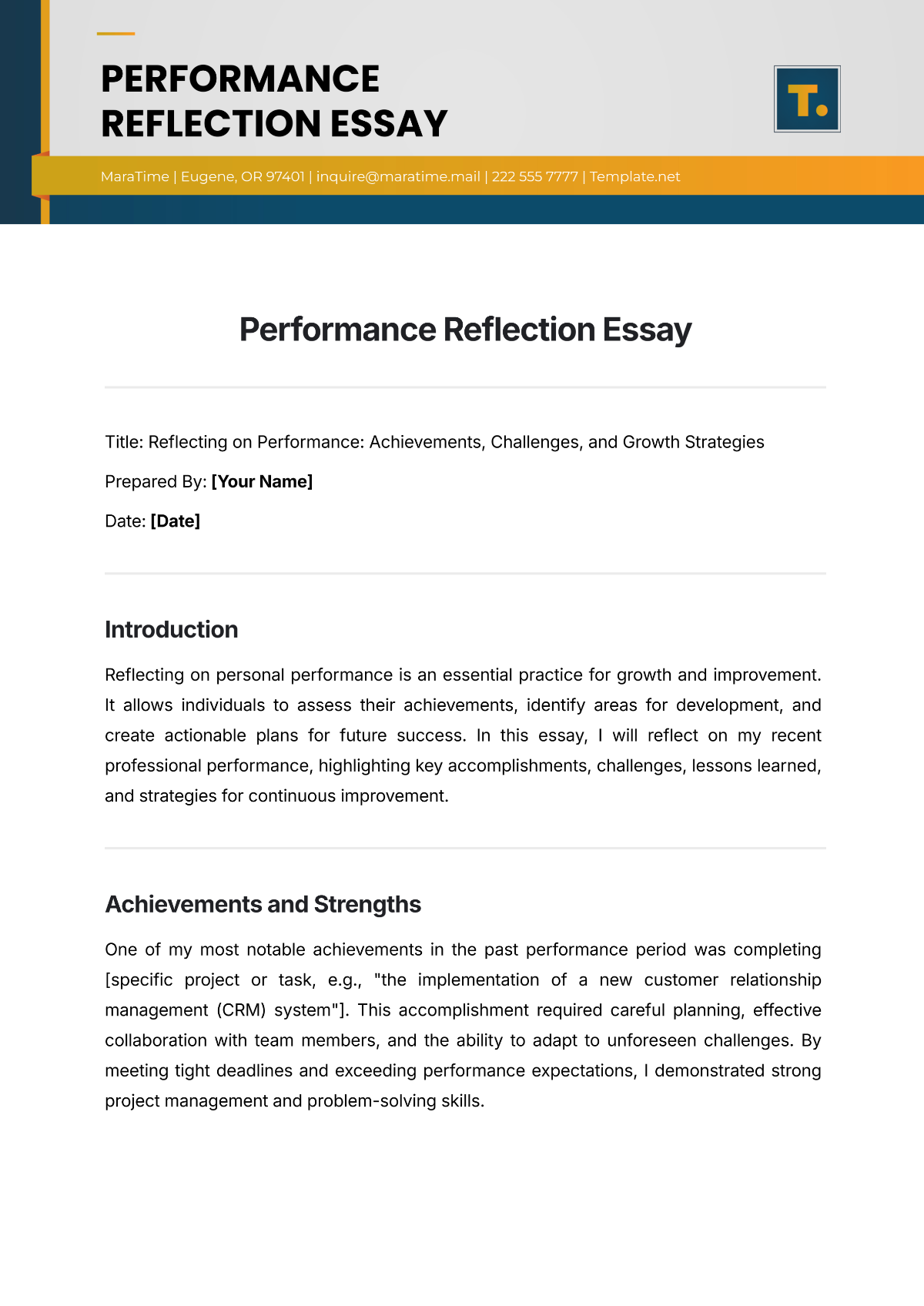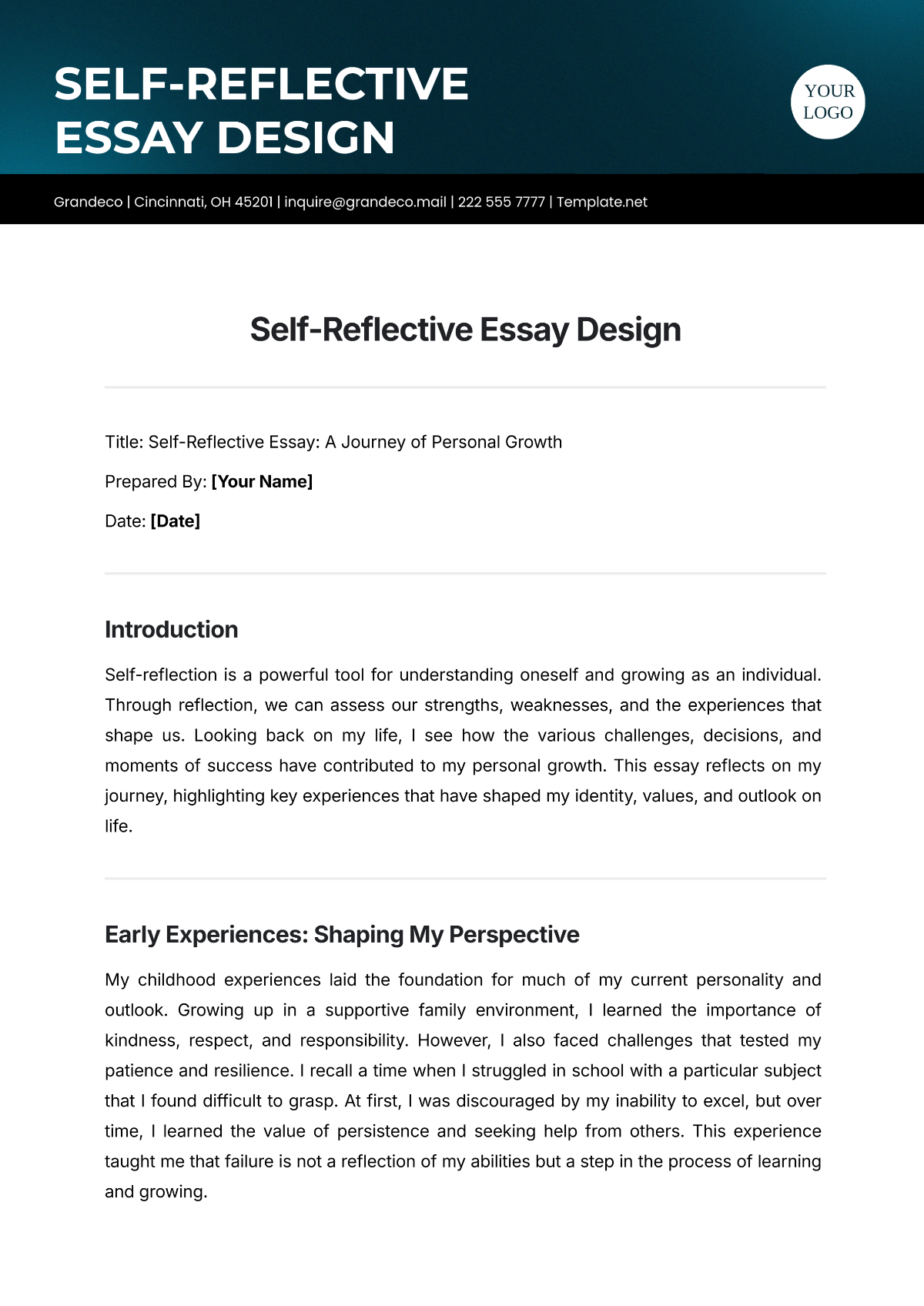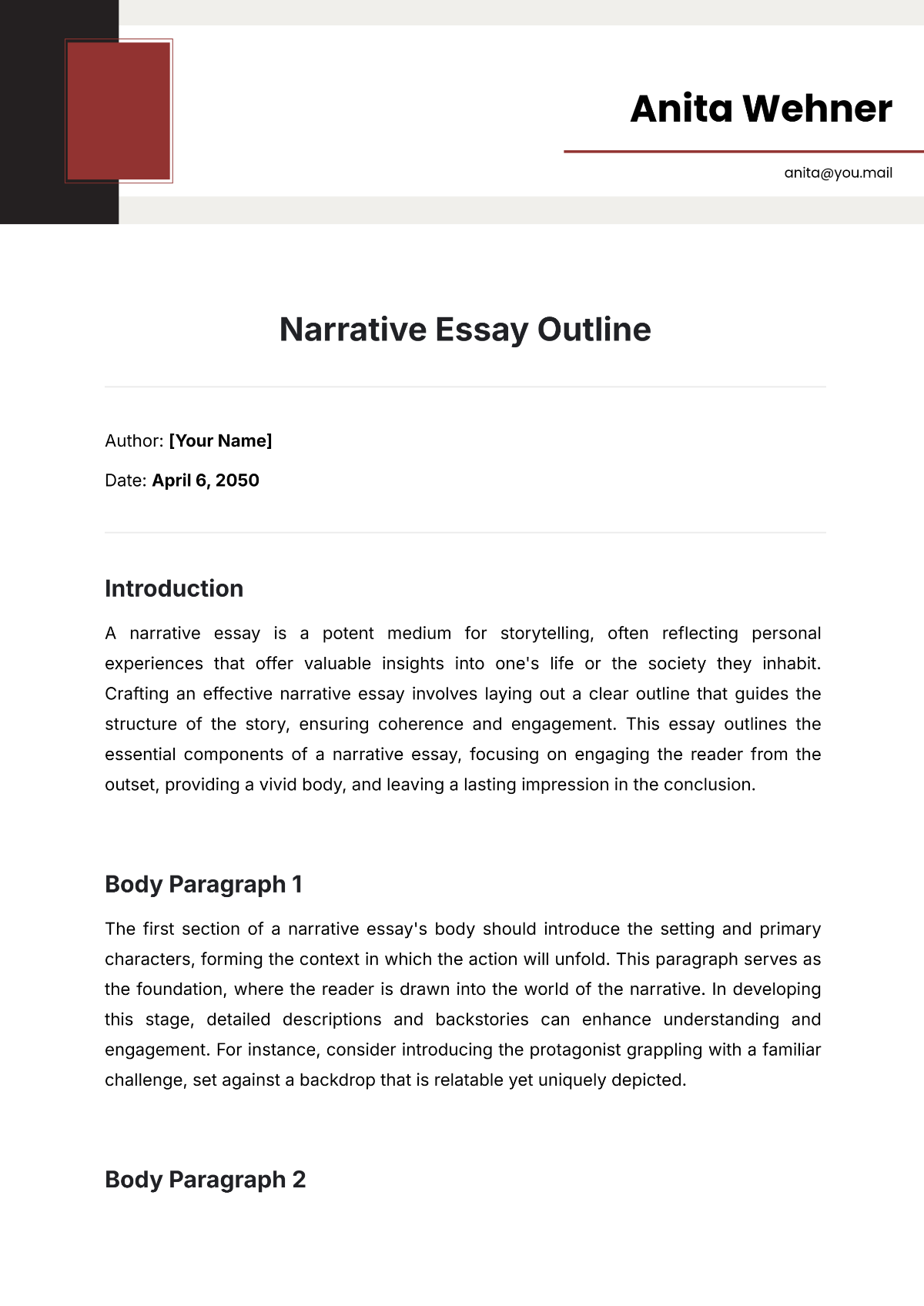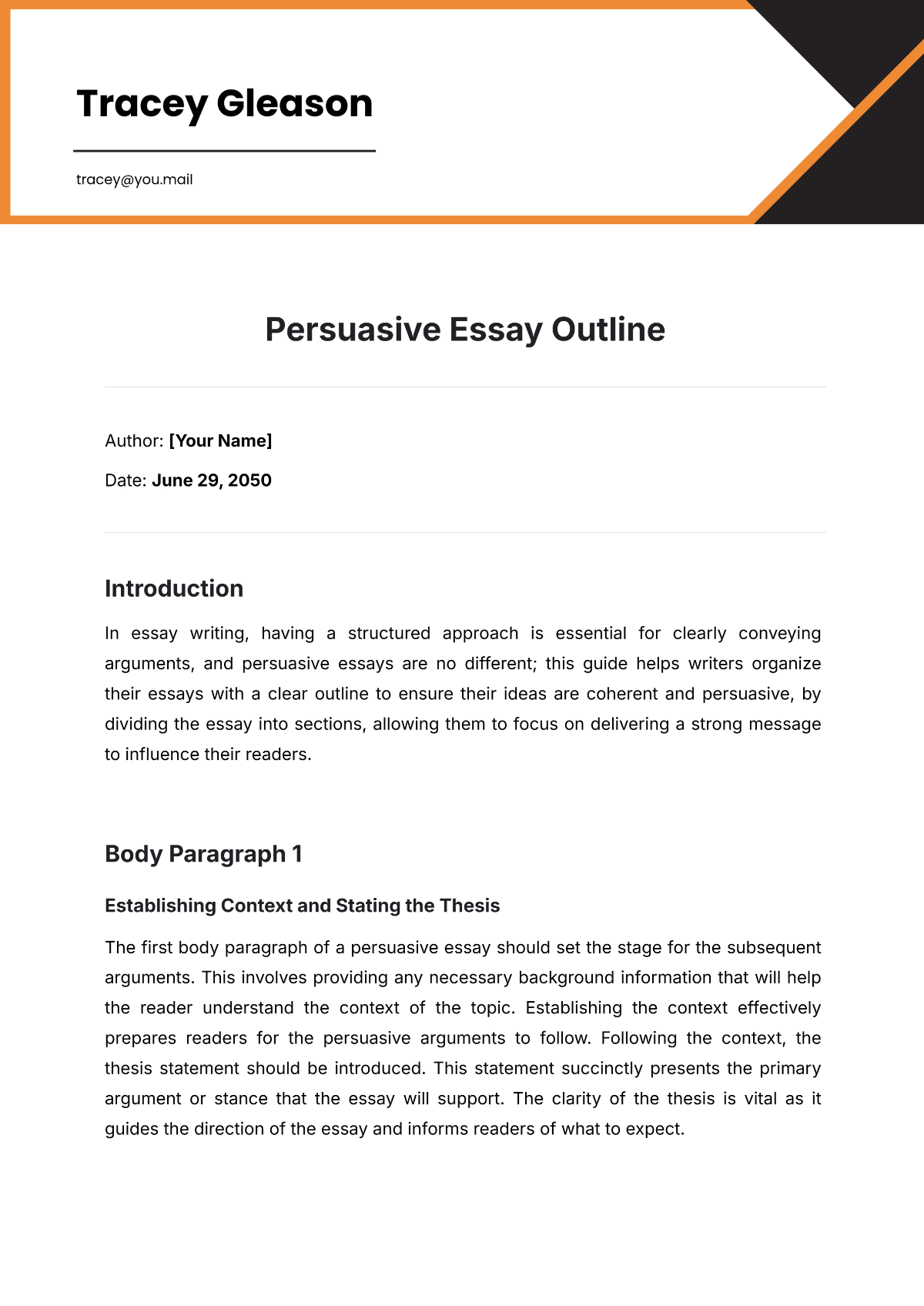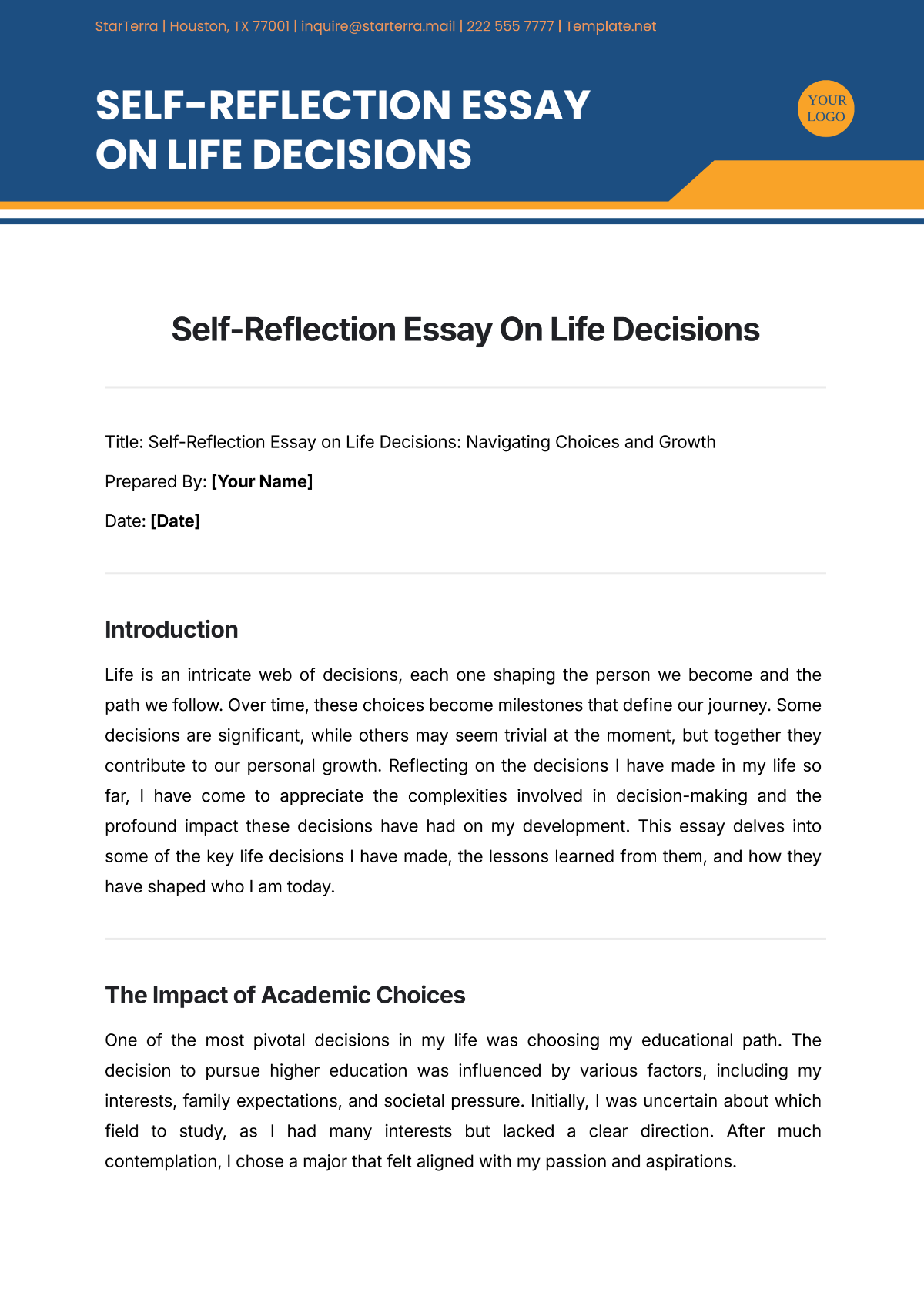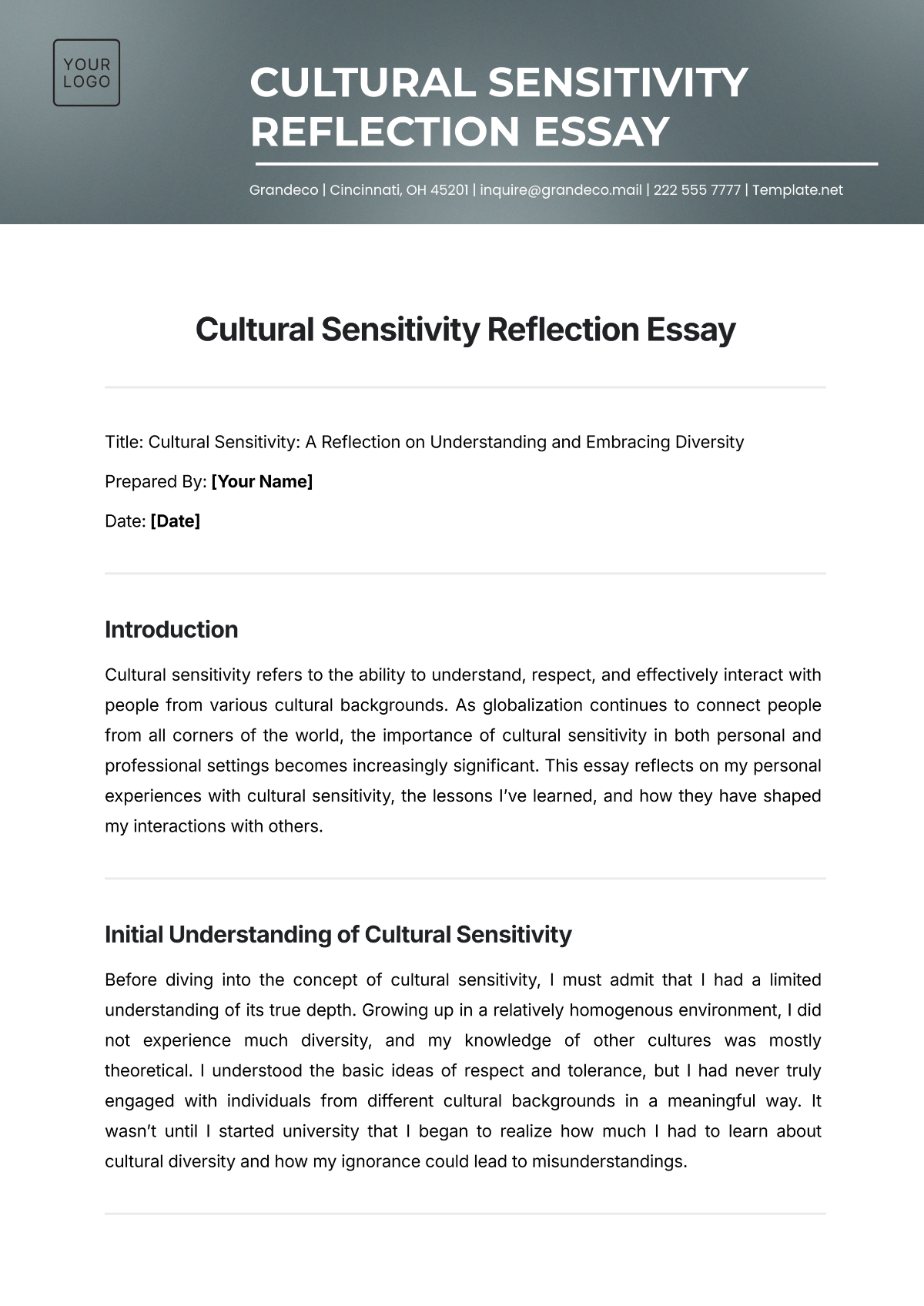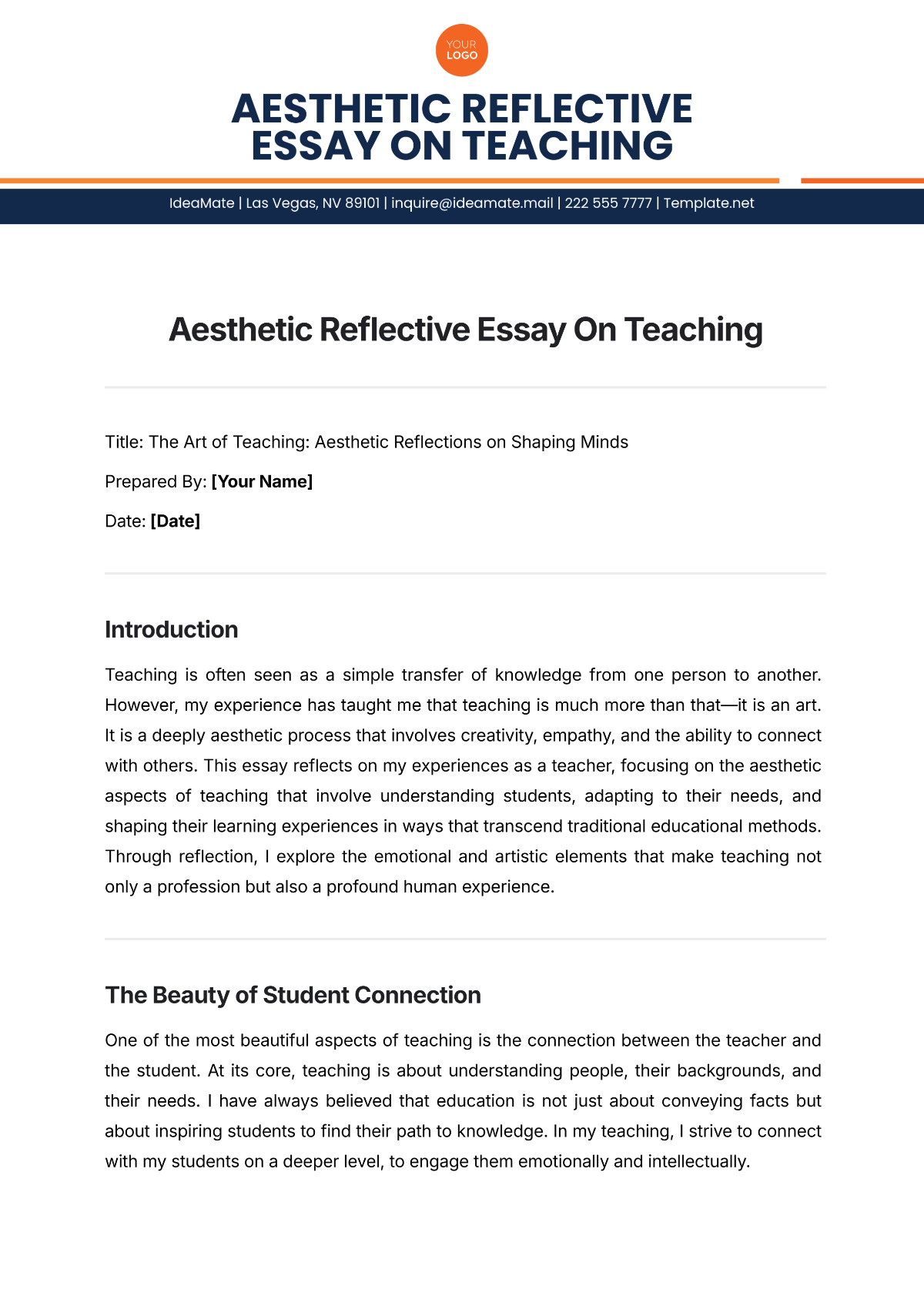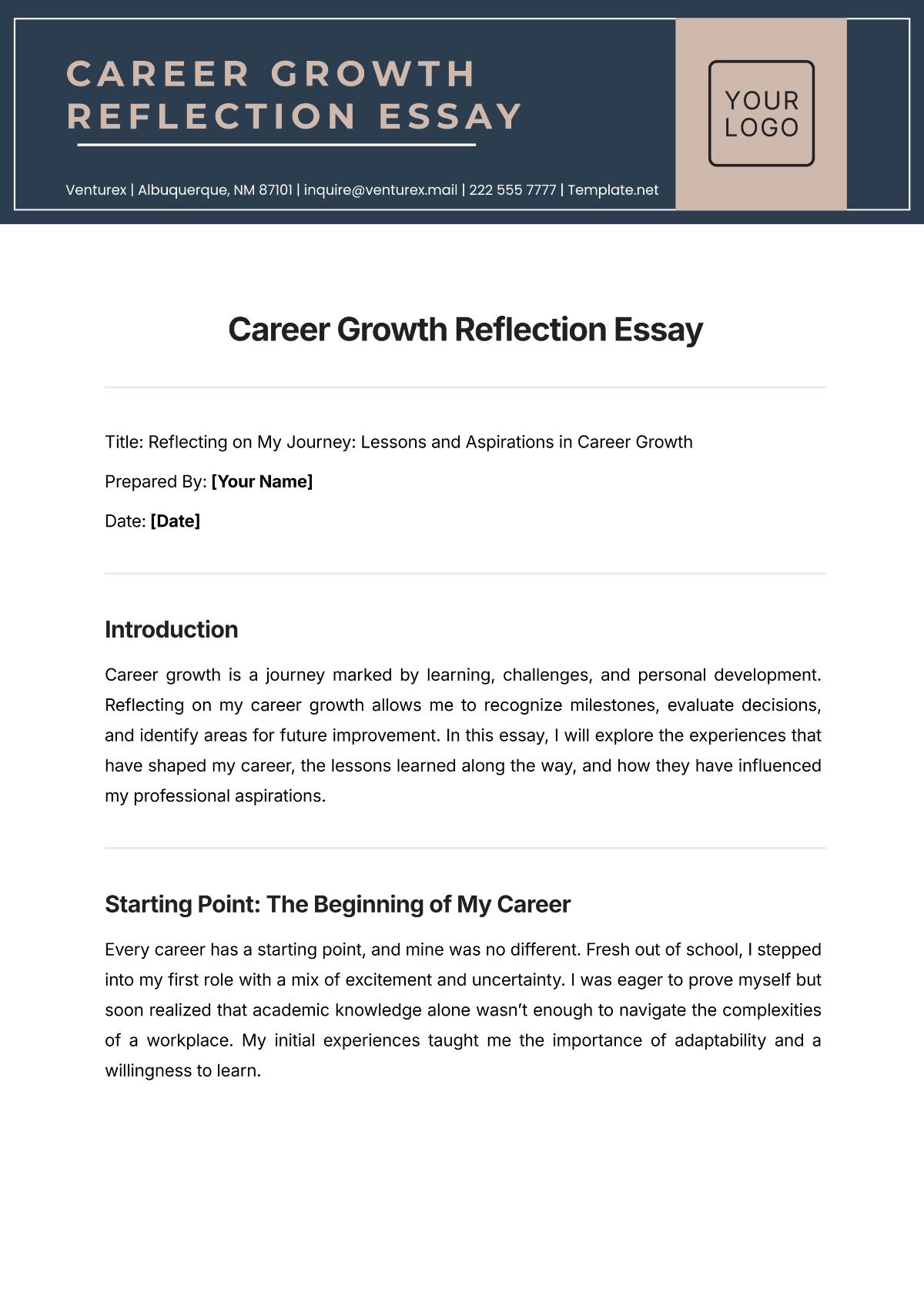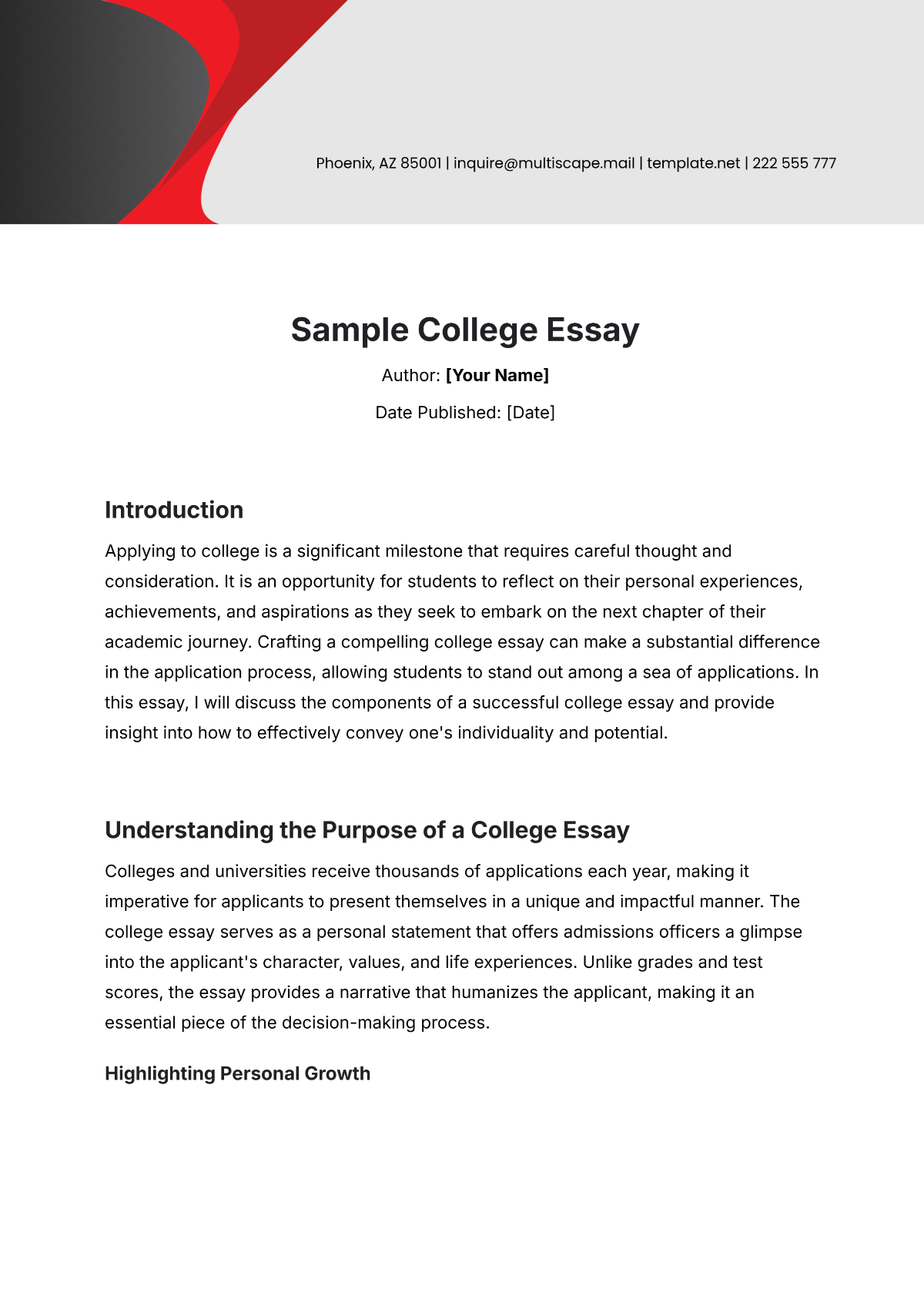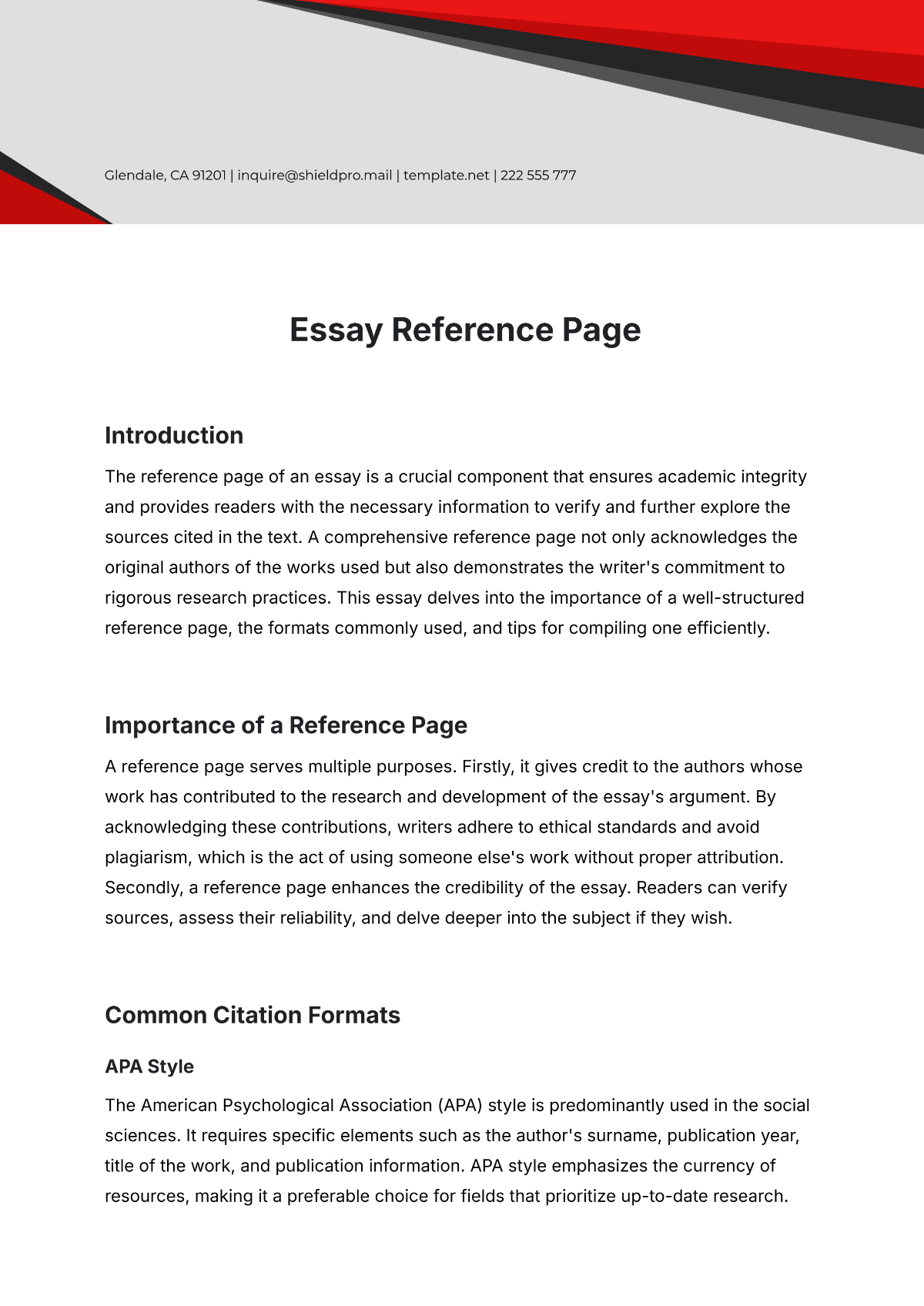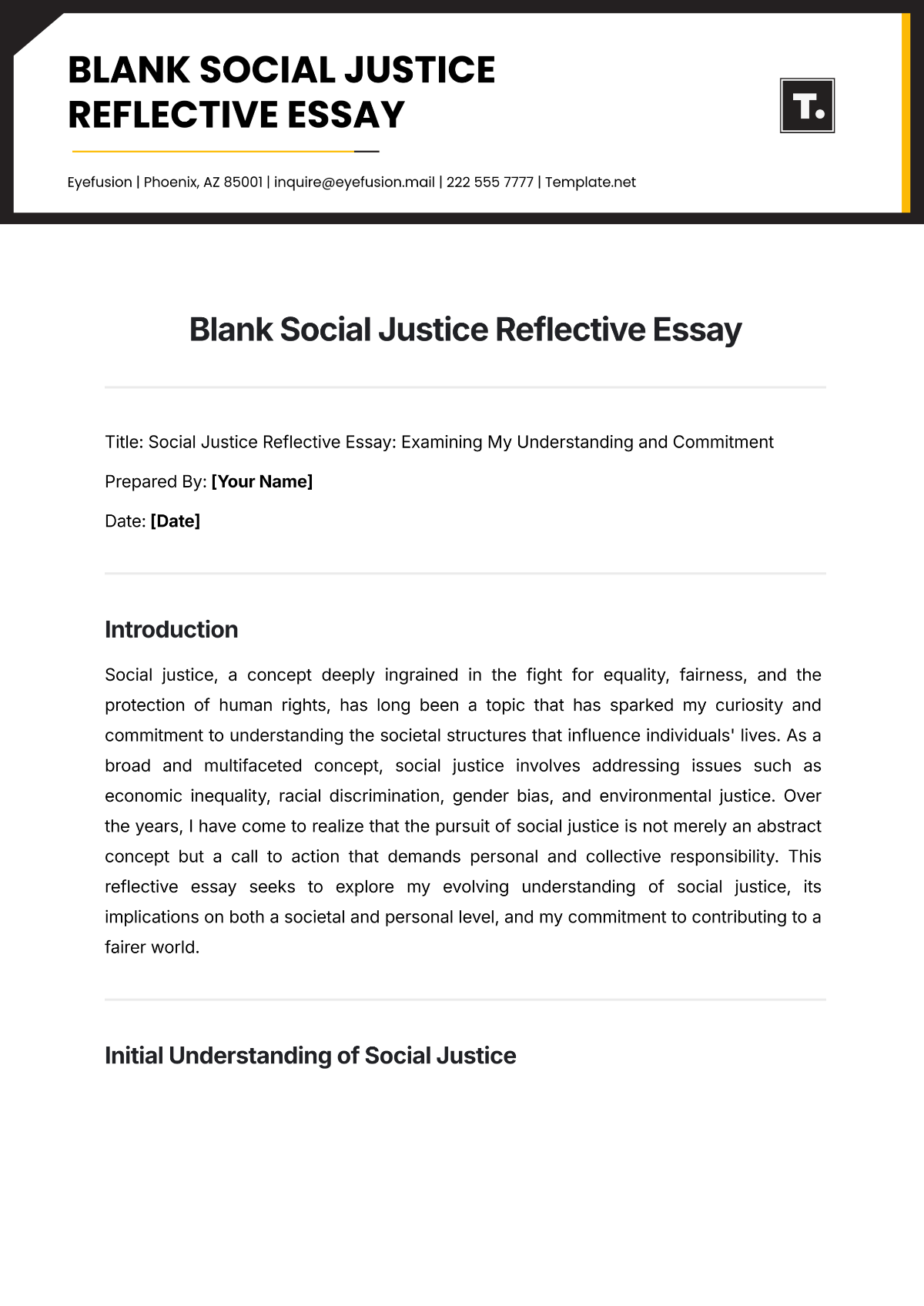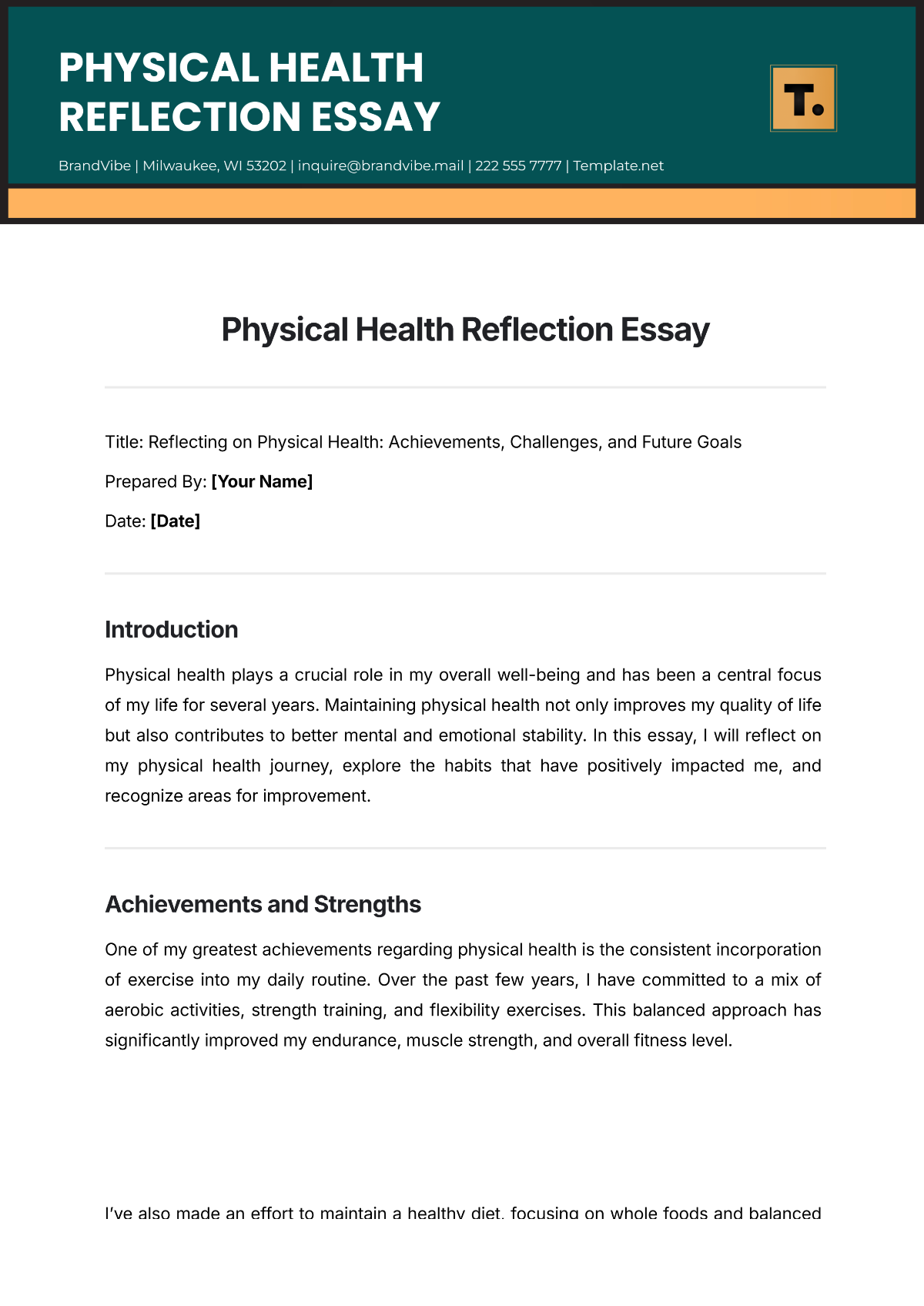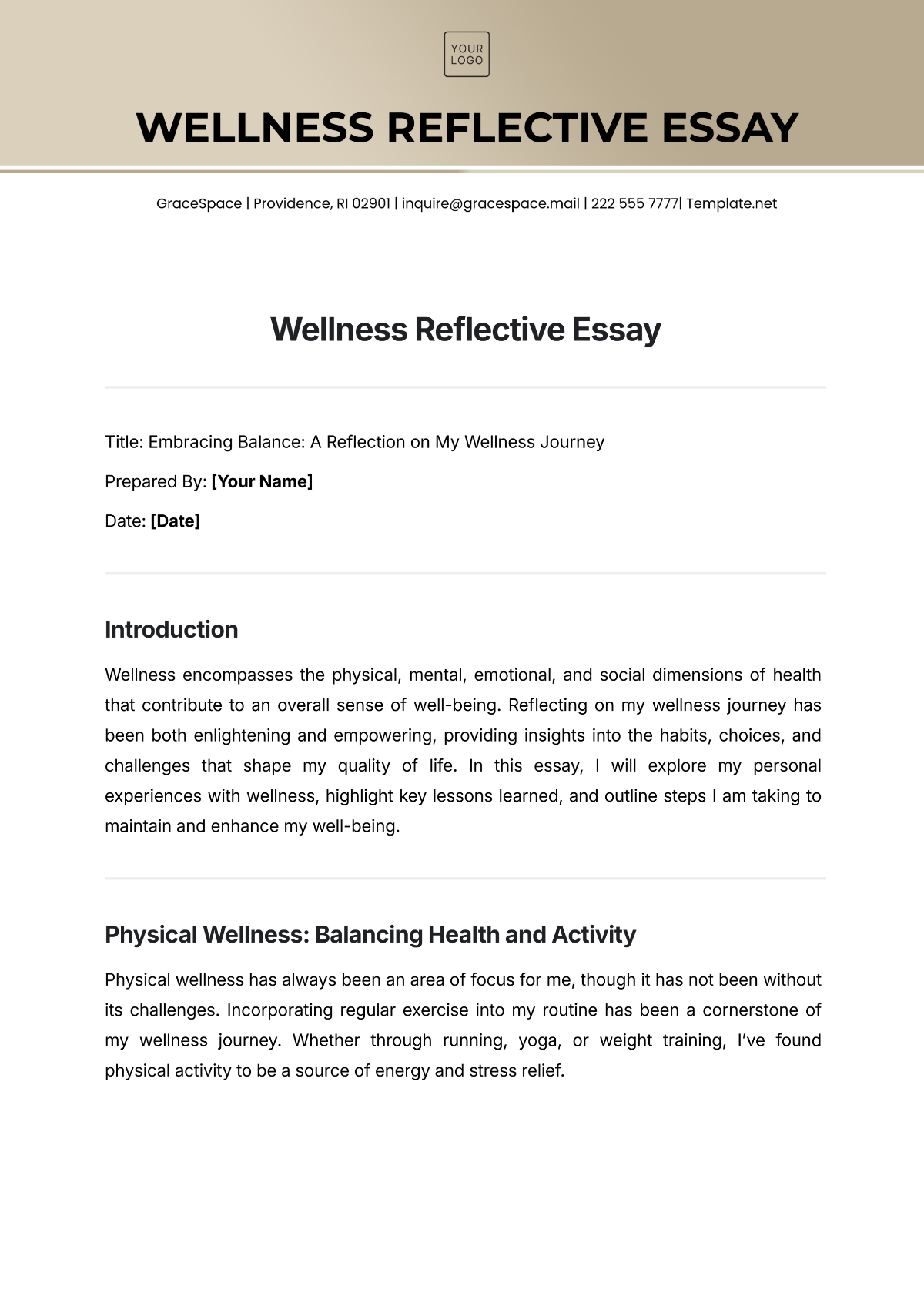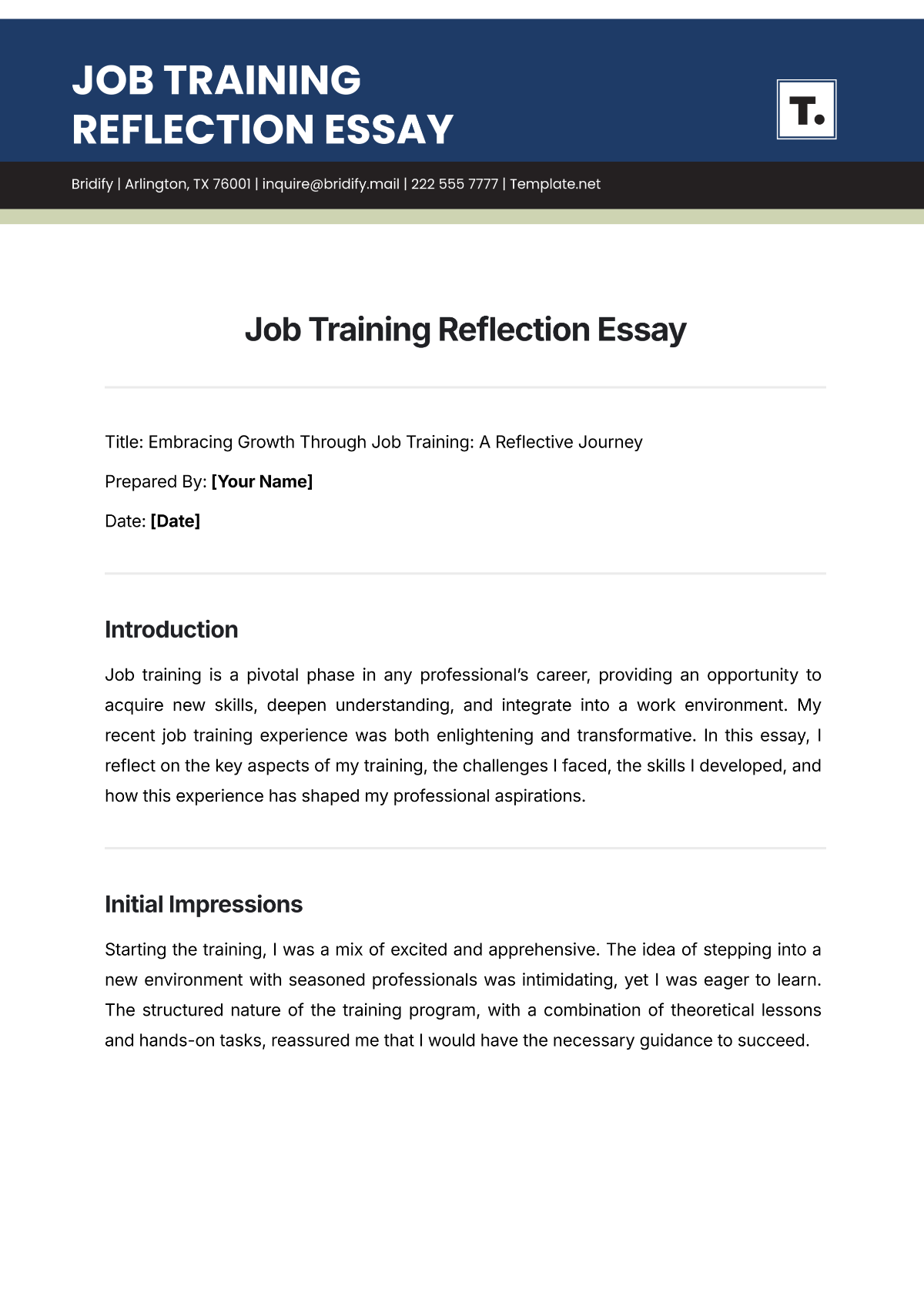Values towards Drug Use Expository Essay
Written by: [YOUR NAME]
Introduction
Drug use, a complex and multifaceted issue, invites diverse perspectives shaped by cultural, ethical, and personal values. These values influence societal attitudes, laws, and individual choices regarding both legal and illegal substances. This essay explores various viewpoints on drug use, focusing on ethical considerations, social implications, and personal impacts. By examining these perspectives, we aim to understand the broader context of drug use and the values that shape our responses to it.
Ethical Considerations
The ethical implications of drug use are central to debates on this topic. From a moral standpoint, some argue that individuals have the right to make autonomous decisions about their bodies, including the use of drugs. This perspective emphasizes personal freedom and bodily autonomy, advocating for policies that respect individual choices while ensuring informed consent and awareness of potential risks.
Conversely, others contend that drug use poses significant moral concerns due to its potential for harm. For instance, the use of addictive substances can lead to health deterioration, impaired judgment, and societal problems. Ethically, the argument against drug use often revolves around the duty to prevent harm to oneself and others. This viewpoint supports regulations and interventions aimed at minimizing drug-related risks and promoting public health.
Social Implications
The social implications of drug use are extensive, affecting community dynamics, public health, and crime rates. On one hand, drug use can lead to social isolation, deteriorating relationships, and disruptions in communities. It often exacerbates issues such as poverty and unemployment, creating a cycle of disadvantage that impacts both users and their families.
On the other hand, some argue that the criminalization of drug use contributes to social injustice. Laws that penalize drug users disproportionately affect marginalized communities, leading to higher incarceration rates and reinforcing social inequalities. Proponents of drug decriminalization advocate for a shift towards harm reduction approaches, such as providing support and treatment rather than punitive measures. This perspective emphasizes the need for policies that address the root causes of drug use and promote social equity.
Personal Impacts
The personal impact of drug use is deeply felt by individuals, influencing their physical health, mental well-being, and overall quality of life. For some, drug use may be a means of coping with stress, trauma, or mental health issues. In these cases, drug use can offer temporary relief or a sense of escape, albeit with potential long-term consequences.
However, the negative personal impacts of drug use are well-documented. Addiction can lead to physical health problems, including chronic diseases and overdose. Additionally, drug use often affects mental health, leading to issues such as depression and anxiety. The personal consequences of drug use extend to relationships, employment, and financial stability, underscoring the importance of addressing drug use within a supportive and rehabilitative framework.
Conclusion
In summary, the values surrounding drug use are diverse and deeply intertwined with ethical, social, and personal considerations. Ethical debates highlight the tension between individual autonomy and the responsibility to prevent harm, while social implications reveal the impact of drug use on communities and systemic inequalities. Personal impacts further illustrate the complex nature of drug use, affecting individuals’ health and well-being. Understanding these varied perspectives is crucial for developing informed policies and support systems that address the multifaceted nature of drug use and its effects on society.
Essay Templates @ Template.net
